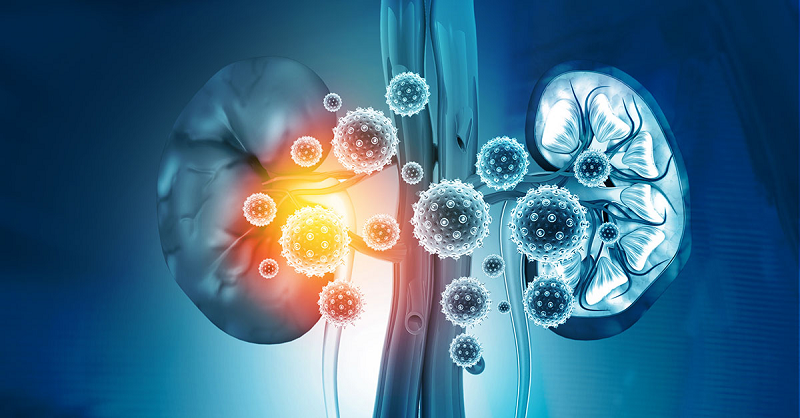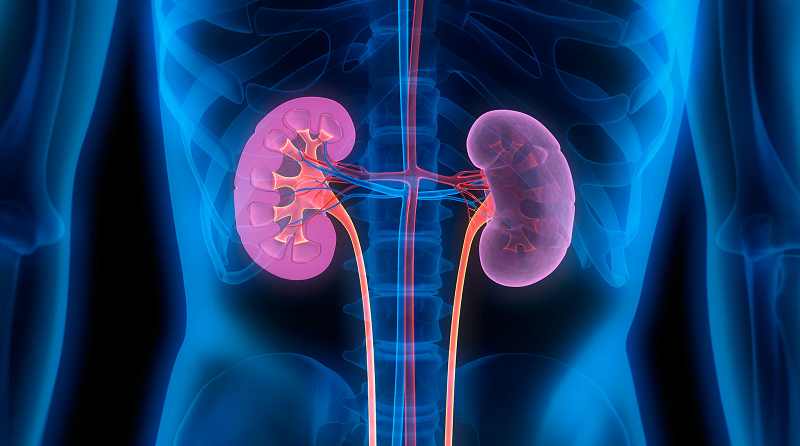By Jitendra Jangid- Man has become so busy in his work and life today that he does not pay attention to his diet and lifestyle, due to which many types of health diseases make us their victims. In such a situation, if we talk about kidneys, then it is an important part of our body, these important organs work tirelessly to filter toxins, regulate fluid balance and help in the production of essential hormones. If not properly managed, kidney failure can develop, leading to serious health problems. Today, through this article, we will tell you the symptoms of kidney failure-

Change in urine pattern
One of the first noticeable symptoms of kidney damage is a change in urination habits. This may include urinating much more or much less than usual.
Change in urine color
If you notice that your urine has become darker than normal or appears cloudy, it may be a sign of kidney problems. Healthy urine should be pale yellow in colour.

Frequent urination at night
Kidney problems can cause nocturia, a condition in which you wake up frequently at night to urinate. If you have to wake up several times throughout the night, it is important to consult a healthcare professional.
Sudden weight gain
Weight gain for no apparent reason can be another sign of kidney failure. When the kidneys are not able to filter excess fluids, they can accumulate in the body, leading to swelling and rapid weight gain.
Back pain and swelling
Pain in the lower back, around the kidneys, can be a sign of kidney trouble. This pain may also be accompanied by swelling under the eyes or in the legs, which are also common symptoms of kidney failure.
What to do if you experience these symptoms?
If you notice any of the symptoms mentioned above, it is important to consult a doctor as soon as possible. Kidney disease can often be managed effectively if it is caught early.

Tips to keep your kidneys healthy
Stay hydrated: Drinking enough water helps the kidneys flush out toxins effectively.
Eat a balanced diet: Eat a nutritious diet rich in vegetables, fruits, and whole grains, while reducing your intake of salt and processed foods.
Control blood sugar levels: Keeping blood sugar under control helps prevent kidney damage, especially in individuals with diabetes.
Include kidney-friendly foods: Omega-3 fatty acids found in fish and antioxidant-rich foods such as blueberries, strawberries, cherries, garlic, onions, and bell peppers may help improve kidney function.










